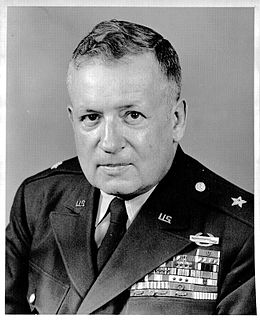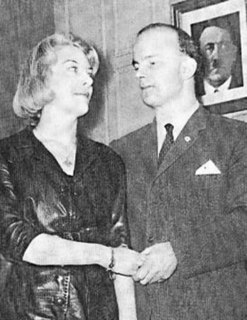A Quote by Samuel Lyman Atwood Marshall
A man has integrity if his interest in the good of the service is at all times greater than his personal pride, and when he holds himself to the same line of duty when unobserved as he would follow if his superiors were present
Related Quotes
Success is in the student, not in the university; greatness is in the individual, not in the library; power is in the man, not in his crutches. A great man will make opportunities, even out of the commonest and meanest situations. If a man is not superior to his education, is not larger than his crutches or his helps, if he is not greater than the means of his culture, which are but the sign-boards pointing the way to success, he will never reach greatness. Not learning, not culture alone, not helps and opportunities, but personal power and sterling integrity, make a man great.
Degrees of ability vary, but the basic principle remains the same: the degree of a man's independence, initiative and personal love for his work determines his talent as a worker and his worth as a man. Independence is the only gauge of human virtue and value. What a man is and makes of himself; not what he has or hasn't done for others. There is no substitute for personal dignity. There is no standard of personal dignity except independence.
It is the duty of a prudent minister of God to hold his ministry in honor and to see to it that it is respected by those who are in his charge. Moreoever, it is the duty of a faithful minister not to exceed his powers and not to abuse his office in pride, but, rather, to administer it for the benefit of his subjects.
His face set in grim determination, Richard slogged ahead, his fingers reaching up to touch the tooth under his shirt. Loneliness, deeper than he had never known, sagged his shoulders. All his friends were lost to him. He knew now that his life was not his own. It belonged to his duty, to his task. He was the Seeker. Nothing more. Nothing less. Not his own man, but a pawn to be used by others. A tool, same as his sword, to help others, that they might have the life he had only glimpsed for a twinkling. He was no different from the dark things in the boundary. A bringer of death.
In the present age, man proves his separation from his Creator by his spirit of self-sufficienc y and positive rejection of God. The present issue between God and man is one of whether man will accept God's estimate of him, abandon his hopeless self-struggle, and cast himself only on God who alone is sufficient to accomplish his needed transformation.
Life, as a part, is interwoven with the life of the whole, not only present, but past and future, for while men come and go the folk lives on, continuous, eternal, providing its members perform their duty to it. Thus, in identifying himself with his folk man prolongs himself through the multiplicity of his ancestors and his descendants, and thereby attains immortality.







































